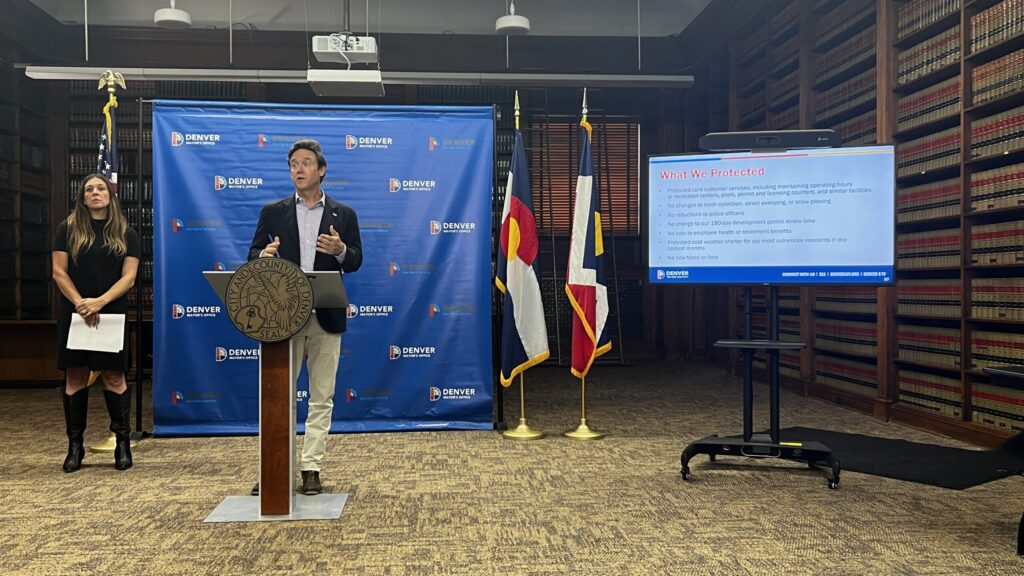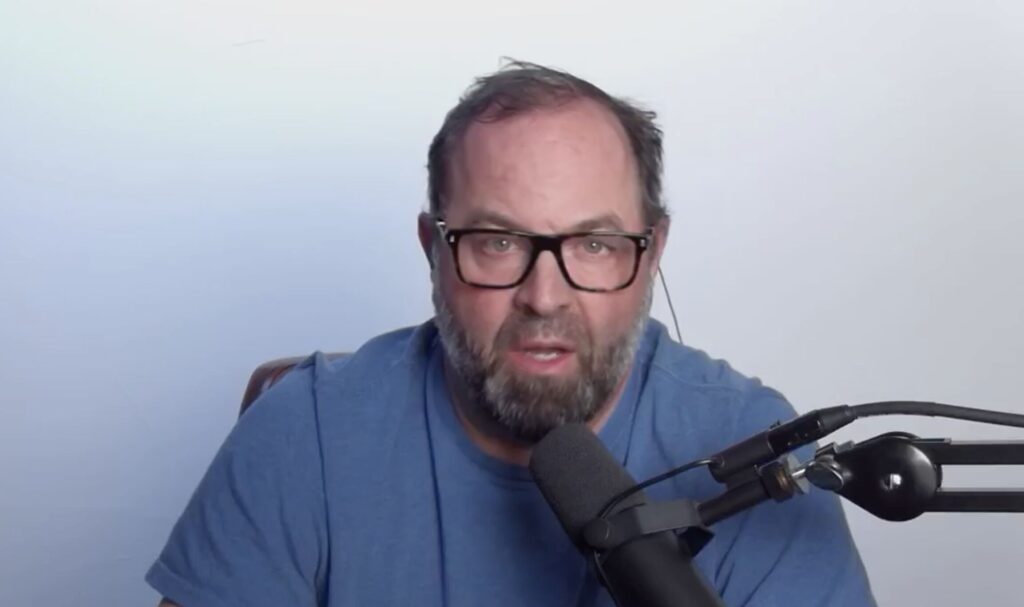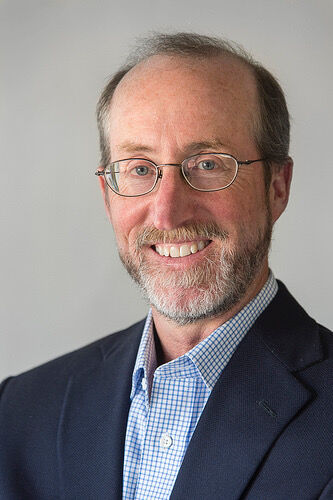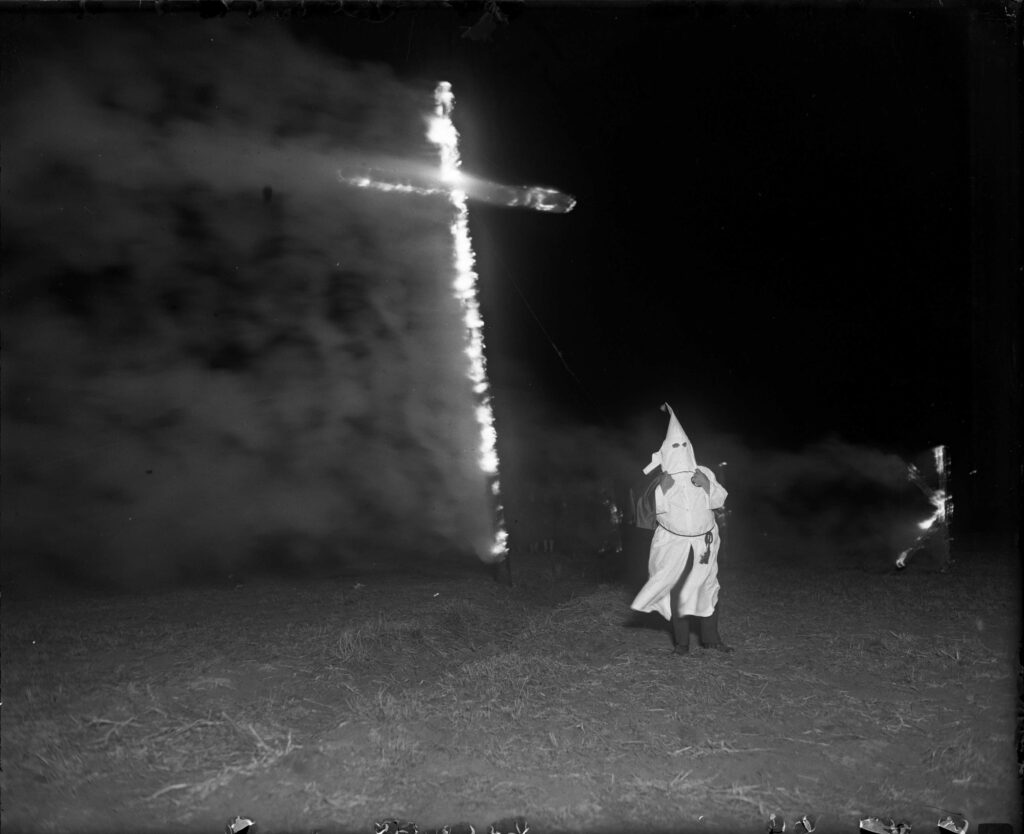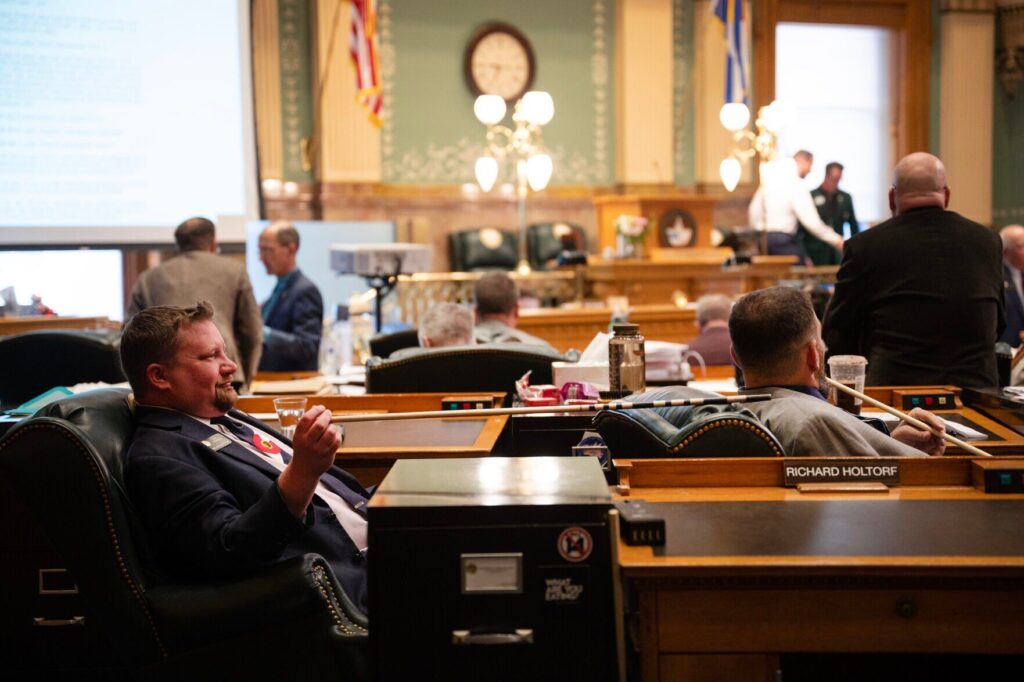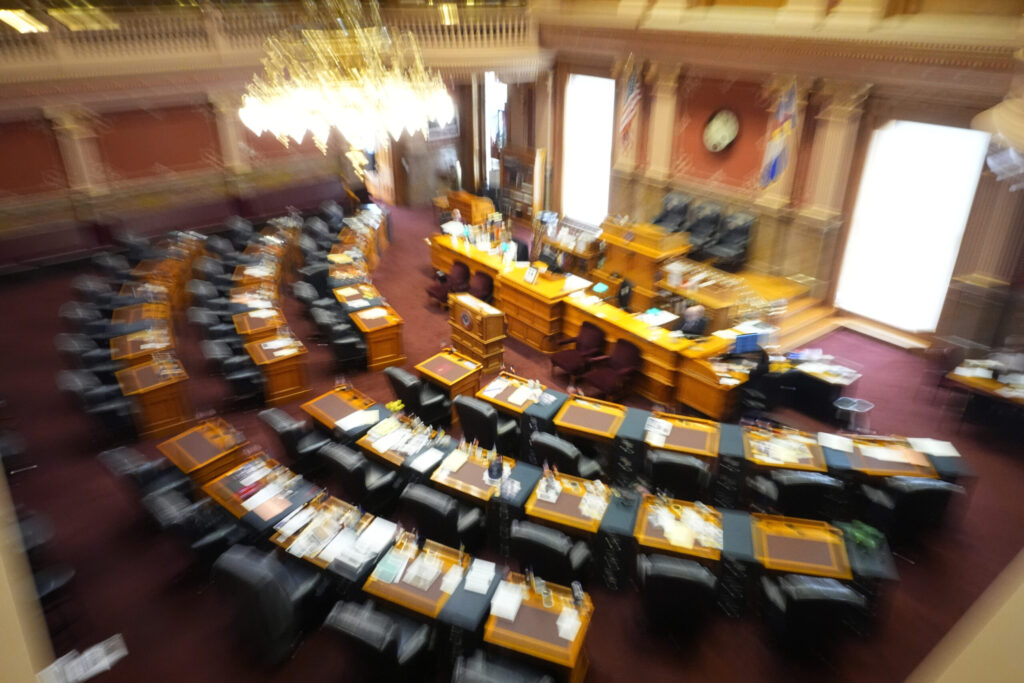Denver GO bonds size, tax question TBD
As Denver officials began listening to citizens this week about the next round of general obligation bonds to help address city amenity needs like roads, parks and buildings, the size of the bond issue and whether it could include a tax hike to present to voters are unknown.
A City Council committee heard an update on the 2017 General Obligation Bond program Tuesday, Nov. 15. Chief Financial Officer Brandon Hanlon said the 2007 program, dubbed the Better Denver bond program, authorized $550 million for 380 capital improvement projects. Money came from a 2.5 property tax mill levy that did not require voter approval, he added, since it came from the city’s existing property tax.
The 2017 program is likely to be between $500 million to $600 million, Hanlon said, with a better idea of how large an issue to place on next fall’s election ballot in Denver known in the spring or summer.
“Right now, we’re unsure of the economic conditions by the time we go to the ballot,” he added, noting a new presidential administration’s economic policies will play a role.
Hanlon also said whether or not a mill levy increase would be part of the 2017 program would depend on the size of the issue and number of projects, among other factors.
Tykus Holloway, deputy chief of projects for Mayor Michael Hancock, said a list of projects is to be finalized by the end of this year and presented to the public and City Council in the spring and summer. City Council would then be asked to place a bond issue ballot question before voters.
Councilwoman Debbie Ortega noted the city would not know how changes in federal funds under a Republican majority in the U.S. House and Senate, along with Republican president-elect Donald Trump, might affect city finances.
“I would just want to ensure we would have the ability to issue debt if we have some type of emergency,” Ortega said.
Hanlon said the city would take a cautious approach to the bond program due to such unknowns “and adapt our debt capacity to make sure basic services would continue.”
Holloway added the program will use the Elevate 2020 plan, the city’s six-year capital improvement plan, to help decide the projects in the 2017 program. Public comments during this week’s meetings, online and via email will supplement that list of already-identified projects, he said.
Council President Albus Brooks cautioned city finance staff involved in public meetings to be very clear on the amount of debt the city already has, how much has been paid off and other financial numbers so citizens have as clear a picture as possible.
Councilman Kevin Flynn asked what might happen if the bond program was approved by voters but market volatility reduced the amount of money available and endangered some identified projects from being addressed.
Holloway said Internal Revenue Service rules require bond issue money to be spent by certain percentages and under different timelines. Assistant City Attorney David Broadwell said the city can reallocate bond issue money, as long as it within previously identified generic areas.




